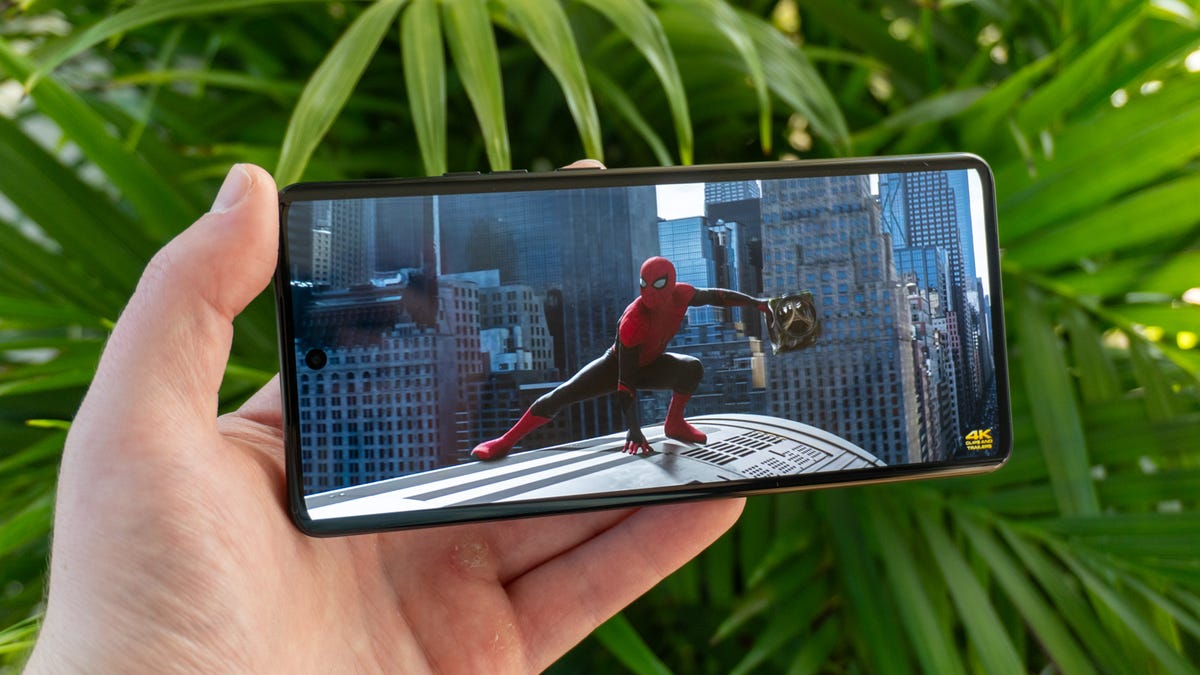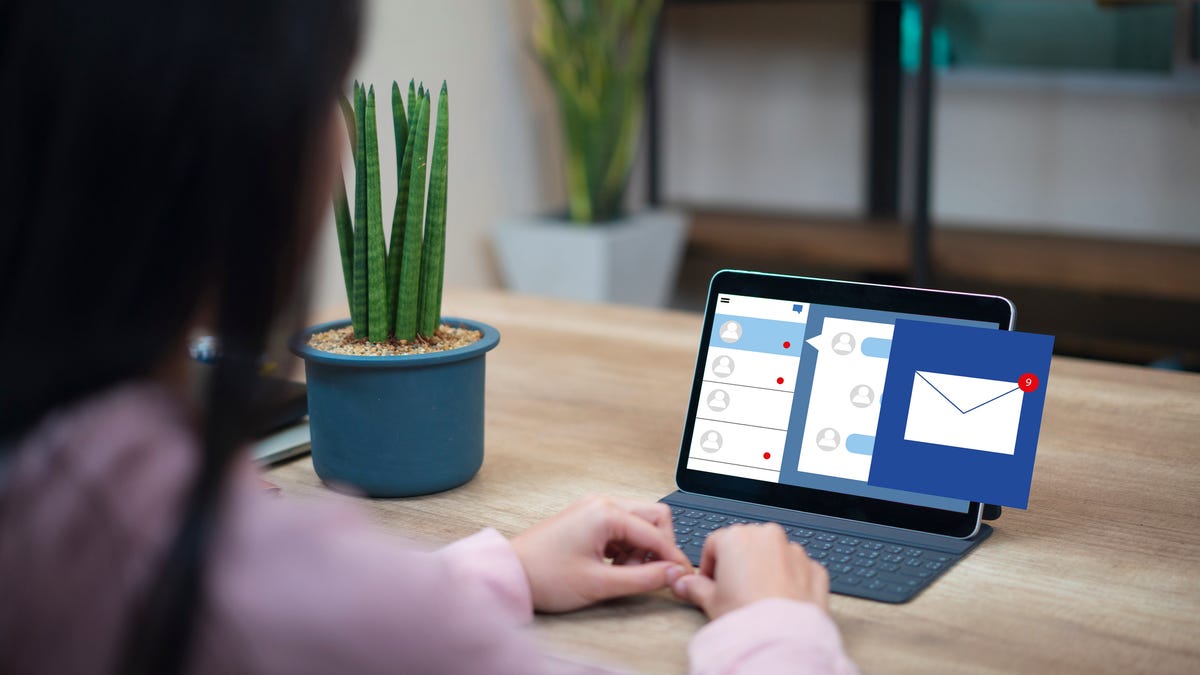BOOK THIS SPACE FOR AD
ARTICLE ADThe Poco M3 Pro 5G has been getting a lot of press since it was announced earlier this month, and now that we've spent enough time with it, let's see if it's really worth the hype. Going by the name, it wouldn't be wrong to assume that it's a more powerful version of the Poco M3, which it is in a few ways. However, in order to offer these upgrades while keeping the price under control, Poco has made some compromises too such as the removal of stereo speakers, and the use of a lower capacity battery.
The Poco M3 Pro 5G is currently the company's most affordable 5G offering, and as I stated in my first impressions article, it competes directly with the Realme 8 5G and the Realme Narzo 30 Pro 5G — two other affordable 5G smartphones in India at the moment. The main appeals of the M3 Pro 5G are its design, high refresh rate display, and the MediaTek Dimensity 700 SoC. Is this phone worth the money? Let's find out.
Poco M3 Pro 5G price and variants
The Poco M3 Pro's base variant with 4GB of RAM and 64GB of storage is aimed directly at the Realme 8 5G, and both are priced at Rs. 13,999. The second variant, which is what I have for this review, has 6GB of RAM and 128GB of storage, and is priced at Rs. 15,999. This is less expensive than the Realme 8 5G's top-end variant and even the base variant of the Realme Narzo 30 Pro 5G, however the latter offers much better features and performance.
![]()
The Poco M3 Pro 5G has a 90Hz refresh rate display and a full-HD+ resolution
Poco M3 Pro 5G design
The back of the Poco M3 Pro 5G looks refreshingly new. The “switchblade” design, as Poco calls it, has a blacked-out portion on the upper left side of the body resembling the camera module design on Samsung's Galaxy S21 series, while the rest has a gradient finish. The back panel and the frame are built of plastic, but they are glossy and attract fingerprints quite easily. I noticed some minor scuff marks over the week that I used this phone, so using the bundled case would be advisable.
The Poco M3 Pro 5G is not too thick at 8.92mm and doesn't feel very heavy at 190g. Ergonomics are good, and the volume and power buttons have good tactile feedback. There is a headphone jack, and also an IR emitter for controlling infrared gadgets and appliances. The capacitive fingerprint sensor is integrated into the recessed power button on the right side of the frame.
The 6.5-inch full-HD+ display is sharp, with good colour reproduction. However, its maximum brightness could have been better. There is an ambient light sensor but this phone felt a bit sluggish at adapting the screen's brightness to my surroundings, and I often had to increase or decrease it manually. The display has Corning Gorilla Glass 3 for protection.
I quite like the overall design of the Poco M3 Pro. It's less bulky than the Poco M3, which is a good thing.
![]()
The Poco M3 Pro 5G has a plastic frame and back, but is slimmer and lighter than the Poco M3
Poco M3 Pro 5G specifications and software
The Poco M3 Pro 5G uses the MediaTek Dimensity 700 SoC, which is very similar to the Dimensity 800U except for its lower clocked CPU cores and a slightly slower GPU. The RAM and storage used here are LPDDR4X and UFS 2.2 respectively. The M3 Pro 5G also has dual-band Wi-Fi ac, FM radio, Bluetooth 5.1, and a hybrid dual-SIM slot. The phone has a 5,000mAh battery with support for 18W fast charging.
The phone runs on MIUI 12.0.2 (at the time of this review), based on Android 11. When I first began using the phone, none of the stock apps misbehaved, but after a few days I started receiving plenty of spam in the form of notifications from apps such as the GetApps, Music, Mi Credit, etc. Some of these apps can be uninstalled, but for the others, there's little that can be done.
Poco M3 Pro 5G performance and battery life
In everyday use, the Poco M3 Pro 5G was snappy and fuss-free. The 6GB RAM version that I tested handled multitasking very well, and the 90Hz screen refresh rate ensured smooth and fluid scrolling in apps as well as the interface. The Dimensity 700 SoC also put out good numbers in benchmarks, with the M3 Pro 5G scoring 3,27,355 points in AnTuTu, and 557 and 1,753 points in Geekbench's single and multi-core tests respectively.
![]()
Performance of the Poco M3 Pro 5G is pretty decent in apps and games
Gaming performance was good too. Heavy titles such as Call of Duty: Mobile ran well, though the graphics quality was limited to Medium and the advanced options were disabled. The back of the Poco M3 Pro 5G did get warm after about 20 minutes of gaming but this was not too alarming. Video playback was good too, but the low brightness and reflective nature of the display meant that the viewing experience outdoors or under bright lights wasn't great.
Despite its reduced battery capacity compared to the Poco M3, the M3 Pro 5G still managed to run for 16 hours and 42 minutes in our HD video loop test, which is good. The phone generally lasted for a day and half with regular use. Charging this phone wasn't the quickest. The M3 Pro 5G could only charge at up to 18W, and took close to two full hours to fully charge from empty.
Poco M3 Pro 5Gcameras
The Poco M3 does not have an ultra-wide camera and I was hoping to see one on the more expensive Poco M3 Pro 5G. Sadly, this isn't the case. In fact, the camera setup is very similar to that of the M3. You get an 8-megapixel camera in the front, and a 48-megapixel primary camera as well as two2-megapixel cameras at the back for macros and depth. The camera app offers the standard shooting modes such as Night, Pro, etc, and can record videos at up to 1080p.
Poco M3 Pro 5G main camera sample (tap to see full size)
Poco M3 Pro 5G Portrait mode camera sample (tap to see full size)
Landscapes shot in daylight looked good on the phone's display but upon closer inspection, textures and the edges of objects lacked good definition and sharpness. Close-ups fared much better in this respect. Macro photos were usable but I didn't find myself using that camera much. Portrait shots looked good, especially those of people or animals.
Image quality takes a turn for the worse in low light. The main camera struggled to reproduce details and texture quality, and there was noticeable grain too. Surprisingly, Night mode wasn't of much help when it came to enhancing details.
Poco M3 Pro 5G Night mode camera sample (tap to see full size)
Poco M3 Pro 5G selfie camera sample (tap to see full size)
1080p videos are heavily cropped if stabilisation is enabled but the video quality was strictly average even under good light. Low-light videos were grainy and weren't very usable. The front camera captured usable selfies during the day, but struggled with backlit shots and in low light.
Overall, I think Poco could have used better sensors for this ‘Pro' model, or at least have given buyers an ultra-wide camera to set this phone apart from its sibling.
Verdict
The base variant of the Poco M3 Pro 5G is not too bad if you're looking for a phone that will be ready to take on 5G networks when they arrive. However, the 6GB variant isn't the best value for money, especially when you can get a more powerful 5G phone such as the Realme Narzo 30 Pro 5G for roughly the same price or less, if you consider ongoing discounts.
As I mentioned in my first impressions piece, if you're not too fussed about 5G (and you shouldn't be right now), phones such as the Xiaomi Redmi Note 10S and Redmi Note 10 Pro offer much better value with similar performance but way better features.
.png)
 3 years ago
117
3 years ago
117 














 Bengali (Bangladesh) ·
Bengali (Bangladesh) ·  English (United States) ·
English (United States) ·